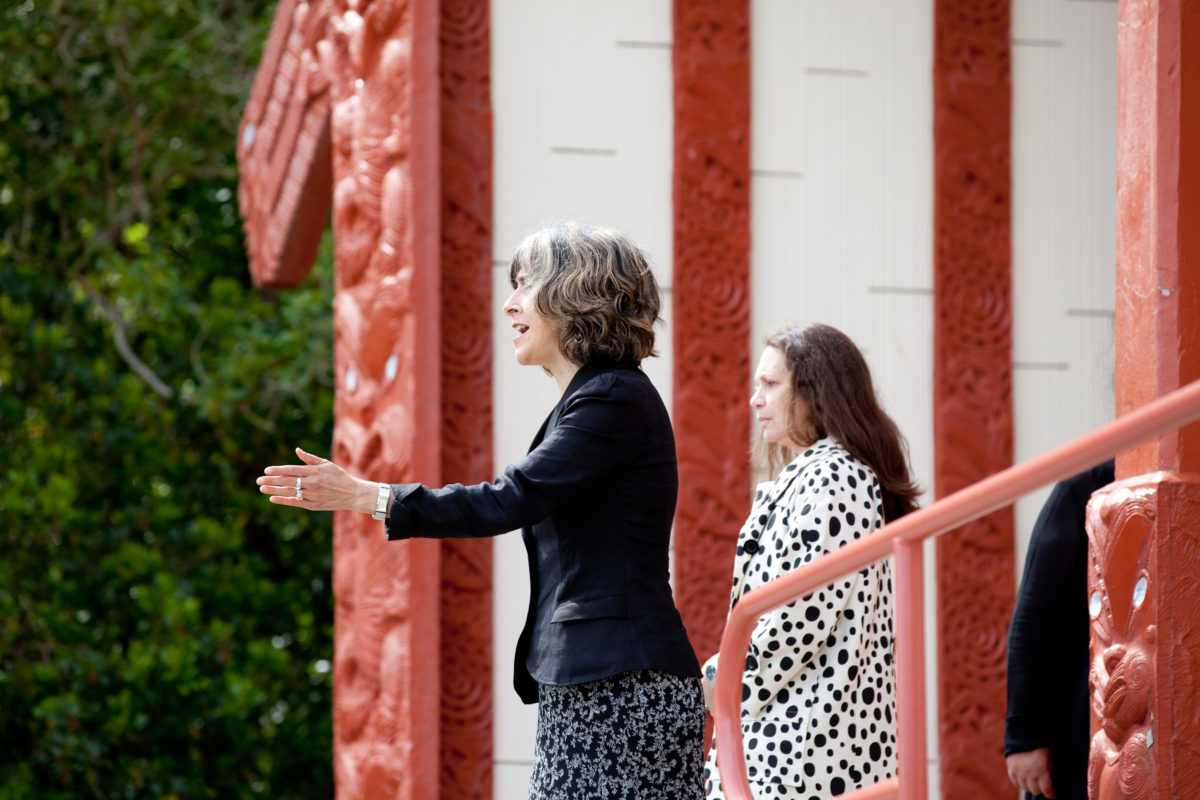Surprise te reo Māori finding in prediabetes research
18 February 2019
New research from the Healthier Lives National Science Challenge has found people who speak te reo Māori have a reduced risk of progressing from prediabetes to diabetes.
The groundbreaking research, which has been published in the Diabetes Research and Clinical Practice journal, observed more than 14,000 participants with prediabetes. The study, led by researchers at the University of Otago’s Wellington campus and including collaborations with the National Hauora Coalition, Waikato DHB, and the University of Waikato, aimed to identify potential traits that could protect or progress a patient towards diabetes.
The paper links primary health care data with other data held in Statistics New Zealand Integrated Data Infrastructure (IDI) to analyse prediabetes progression rates.

Lead author Dr Andrea Teng, a senior research fellow with the University of Otago’s Department of Public Health in Wellington, says the study is the first to examine prediabetes progression to diabetes in New Zealand.
“We were able to look at this by age, sex, ethnicity and socioeconomic position. This information could help direct prediabetes programmes to those who need it most,” she says.
The research found that Māori and Pacific peoples had a greater rate of progression from prediabetes to diabetes. This is largely because they had more advanced prediabetes at the time it was diagnosed through higher HbA1c levels.
However, one of the more unexpected findings from the study was a correlation between the patient’s ability to speak te reo Maōri and a drop in progression to diabetes.
“A cultural protective factor was the evidence of an association between speaking te reo (Indigenous language, with 87 per cent of te reo speakers being Māori) and 19 to 88 percent lower progression to diabetes, independent of age, sex, income, education, deprivation, ethnicity and HbA1c,” the study reads.
“This finding suggests that language and cultural identity are positive for health, particularly in Indigenous communities” say the researchers.
The paper is the first study to find a relationship between diabetes and Indigenous language.

Co-author Dr. Nina Scott from Waikato DHB says the language factor was one of the most novel findings from the research.
“There was evidence for the association between te reo Maōri and prediabetes progression even after adjusting for socioeconomic factors,” she says.
Dr Scott says further work needs to be done to assess the full value of te reo for health and the importance of a cultural connection.
“It may be that people who speak te reo are protected from diabetes in other ways from those who don’t that we could not measure in this study,” she says.
The study is a collaboration from two Healthier Lives research projects, Capitalising on New Zealand’s health data and He Pikinga Waiora, and brings together health researchers, communities and big data experts to answer important research questions in a new approach to research. This study aimed to specifically answer questions about the incidence of diabetes in Māori communities and will help towards addressing and reducing New Zealand’s large inequities in health care.
Read the full paper: What protects against pre-diabetes progressing to diabetes? Observational study of integrated health and social data Diabetes Research and Clinical Practice (2019) 148 119-129
For further information and interviews, please contact
Dr Andrea Teng, University of Otago, Wellington
Dr. Nina Scott, Waikato District Health Board
Related information


